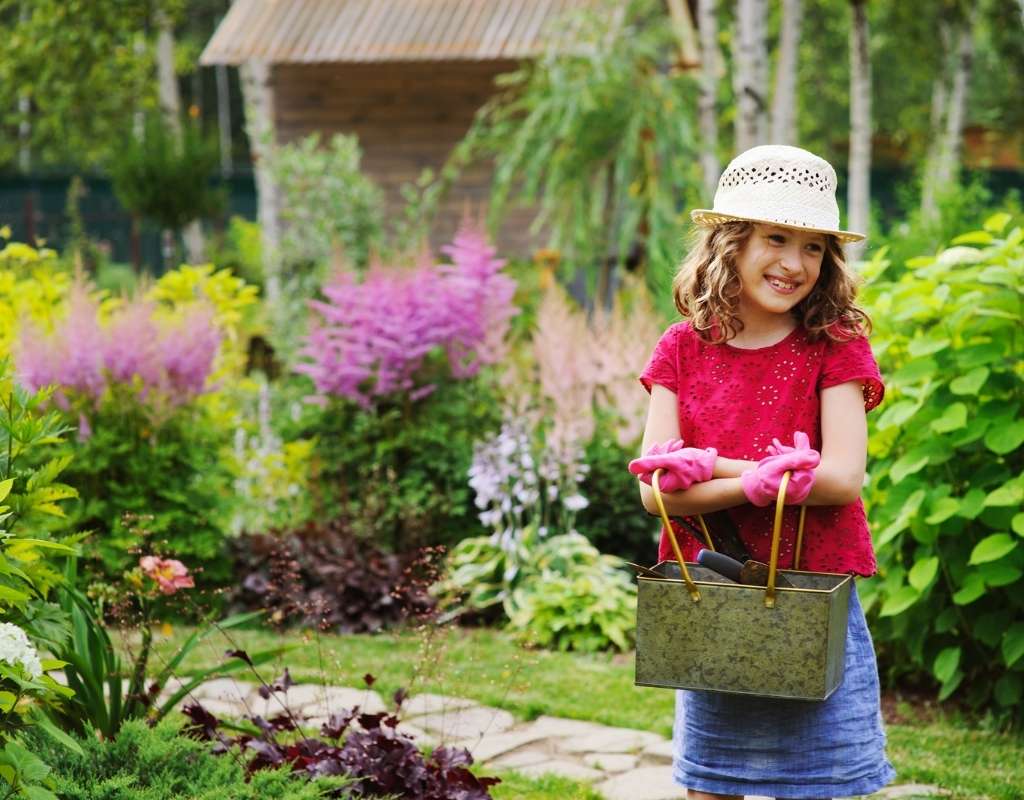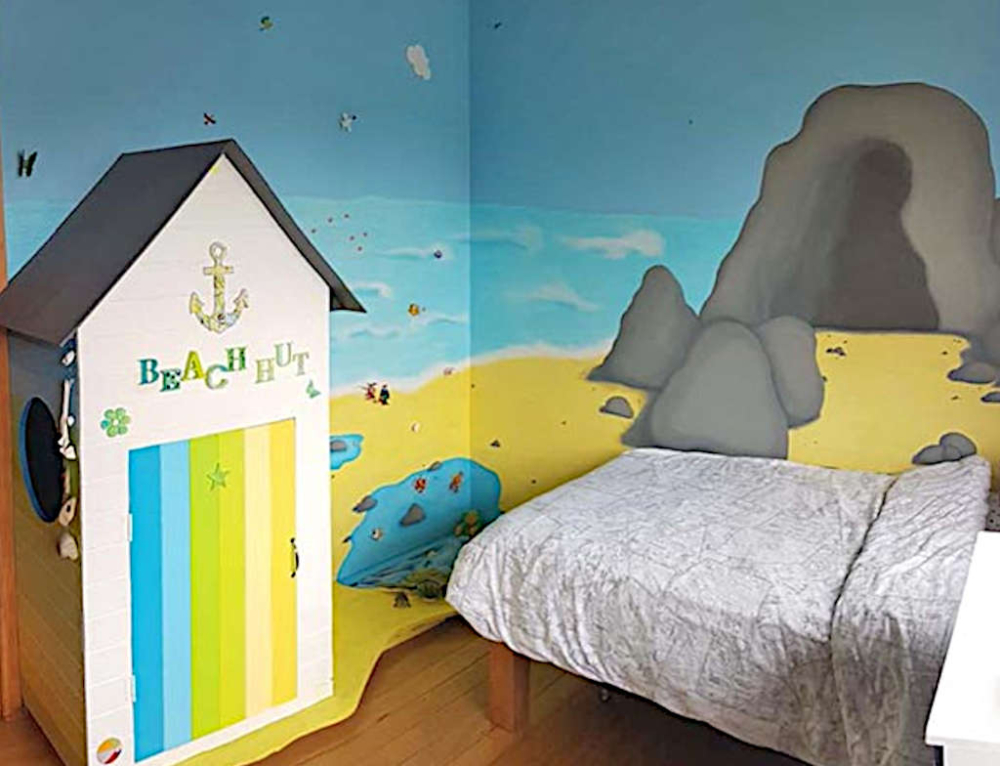Gardening can be a really rewarding pastime. If you get it right, you can save money and get a huge sense of satisfaction from eating what you have grown. Get it wrong and it can be a frustrating waste of time! Use our guide for the best time to plant veges and top tips for growing healthy plants.
The climate in New Zealand varies widely so you may need to adjust to suit the climate where you are. How easy edibles are to grow also varies – some require special conditions, yield little for the effort, or are susceptible to bugs and diseases. We have picked out the best plants to grow if you are getting started on your growing journey, and when the best time is to plant them.
Spring / summer planting
Beans and peas – These guys don’t like frost and cold temperatures so in warmer areas you can start planting them out from late September or early October. If you are at risk of a later frost, wait until the danger has passed. Plant some again in December / January so you can harvest all summer and into autumn. If you love broad beans, they are happy in the colder temperatures, so you can plant them from around March to the end of July in most places but if you are in colder areas you can extend this by a month at either end.
Courgette / zucchini – They don’t like frost so you can plant them in most places from late September right though until late January / early February. One or two plants in a lovely sunny spot and well watered will keep producing right through into April in most areas.
Potatoes – If you want potatoes ready for Christmas, your best bet is to plant them in September. You can plant them any time from then right through until December.
Pumpkin – Enjoys the summer weather so plant in spring and harvest in autumn.
Tomatoes – Tomatoes are a summer plant so spring is the best time to plant, in fact they are traditionally planted by many at Labour Weekend. Make sure they are protected from any late frost, water and feed and they will reward you into autumn.
Mint, parsley, rosemary, thyme, oregano, chives, dill, and sage – These last all year round but will be quite dormant in the cold weather. Plant in spring for years of fresh herbs! Parsley needs to be in semi shade otherwise it will go to seed.
Coriander and basil – These should be planted in spring in semi-shaded areas to prevent them from going to seed in the hot summer sun.
Lemon – Lemons are such a great addition to your garden as their cheerful fruit are ready for you in late winter when not much else is producing. When young they are frost sensitive so be sure to cover them with frost cloth. Plant in spring and enjoy for years.
Autum / winter planting
Cabbage – Cabbages don’t like warm temperatures and if grown during summer will be prey to white butterfly and aphids. You can get in early and plant them in early spring to harvest before the warm temperatures hit, although the best bet really is to plant in autumn and even winter in warmer places. Along with their cousin brussel sprouts, they are one of the few reliable winter-harvesting veges.
Lettuce – There are many varieties of lettuce and with a bit of luck you will be able to grow some almost all year round. They tend to go to seed quickly in the hot summer so keep replanting and harvesting for best success.
Year-round planting
Spinach – You can pretty much plant and harvest spinach year round in many areas. It does like sun, but if you are in a really warm area you will find in the hot summer it will go to seed quickly.
Silverbeet – The most hardy of all plants! Plant any time in warmer places and avoid the peak of winter in colder places. Keep free from slugs and snails, harvest regularly to encourage new tender growth and you will be able to eat it all year round.
Rhubarb – Plant at any time, but it’s best to avoid planting in the peak of the summer. There are different varieties that will grow more vigorously earlier in the spring than others.
What is your favourite plant to grow in your garden?
Written by Kidspot NZ.
See more:







Leave A Comment
You must be logged in to post a comment.